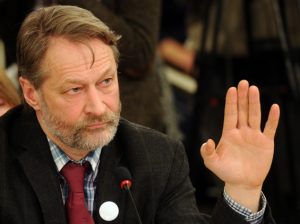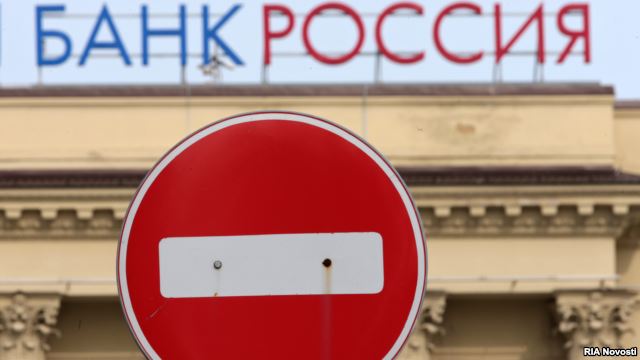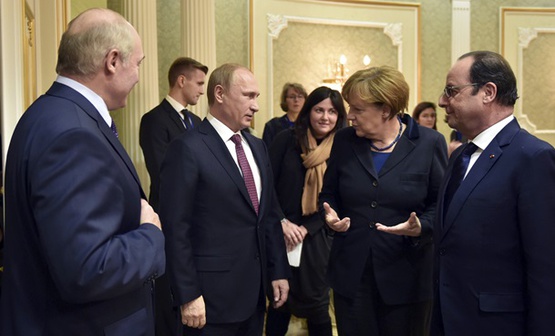
Each of Vladimir Putin’s actions in Europe looks to some observers as offensive moves, Dmitry Oreshkin says; but if one puts them in context and considers how marginal some of them are, it is increasingly clear that he is playing defense there, having “suffered defeat after defeat.”
According to the Russian commentator, two things are now clear in Moscow.
- First, Russian elites are feeling “a sense of defeat on the European front” and thus are searching for “any allies or even the appearance of allies to concentrate their essentially defensive efforts. Hungary is hardly the most powerful member of the European Union, the party of Marin Le Pen is hardly the most influential political force in France, and GiuliettoChiesa is hardly the most respected journalist and politician in Italy,” Oreshkin writes. But Moscow now “doesn’t have any other” allies.
- And second, there is a sense that even reaching out to these people is “not a counterattack but a purely defensive” move. It is clearly “an effort to disrupt the unity of the European Union from within, to find some weak link.” But the best Putin can hope for is to “slow the formation” of an anti-Moscow “political front.” He is not in a position to reverse it. “This is a defensive strategy, which to a significant degree is asymmetrical,” Oreshkin continues.
Western governments understand that Moscow can always find useful idiots to push its line in second-tier media outlets or second-tier states and thus dismiss them as unimportant. Putin consequently is taking these measures primarily for domestic consumption.
If you are a reader of only the Russian press, he continues, “you see [as a result of such campaigns] that the Dutch are unhappy with Ukraine, that Urban supports and approves of Russia … and that the entire European Union is collapsing because it cannot withstand the influx of migrants.”
The message this sends to Russians is this: “’we are having difficult times, but we are going from victory to victory” abroad.
In reality, Oreshkin says, “the Putin vertical is going from defeat to defeat.” It is losing its ties abroad and respect there as well. And “the country is becoming ever more predictable” as Russia is “isolated to the maximum extent possible.” Russians can see this because the Kremlin’s propaganda line has shifted.
A year ago, they were told that Western sanctions were in fact making Russia stronger and that expanded demand for Russian products would allow the country to stand up. But now “all have forgotten about that.” That will have consequences because Russians “are not idiots” in the way that the powers that be think they are.
Instead, what is growing is a cognitive dissonance in their minds between what they are told on government television and what they see in their daily lives. So far, this trend is only beginning but it will grow ever stronger, Oreshkin says.
As for the West, governments there now know “with whom they are dealing.” They have to continue to talk because Russia is “a major political animal” regardless of who it is acting. Most understand they need to stand up to Moscow, but some think as they did in Soviet times that “the Russian bear will love them if they give it a lump of sugar.”
The overall trend is clear: “There will not be a total ignoring of Moscow, but the dominating trend will be its isolation.”
Because the EU operates on the basis of consensus, any one country can block the will of the majority, “but this is a game for marginals. The key players like Germany are hardly likely to go along.” And the Kremlin understands that it can’t buy countries like Germany, Great Britain of France “for Russian money.”
“In the best case, it is possible to buy Marine Le Pen, because she costs nine million euros, which Moscow has given her party as a loan.”





